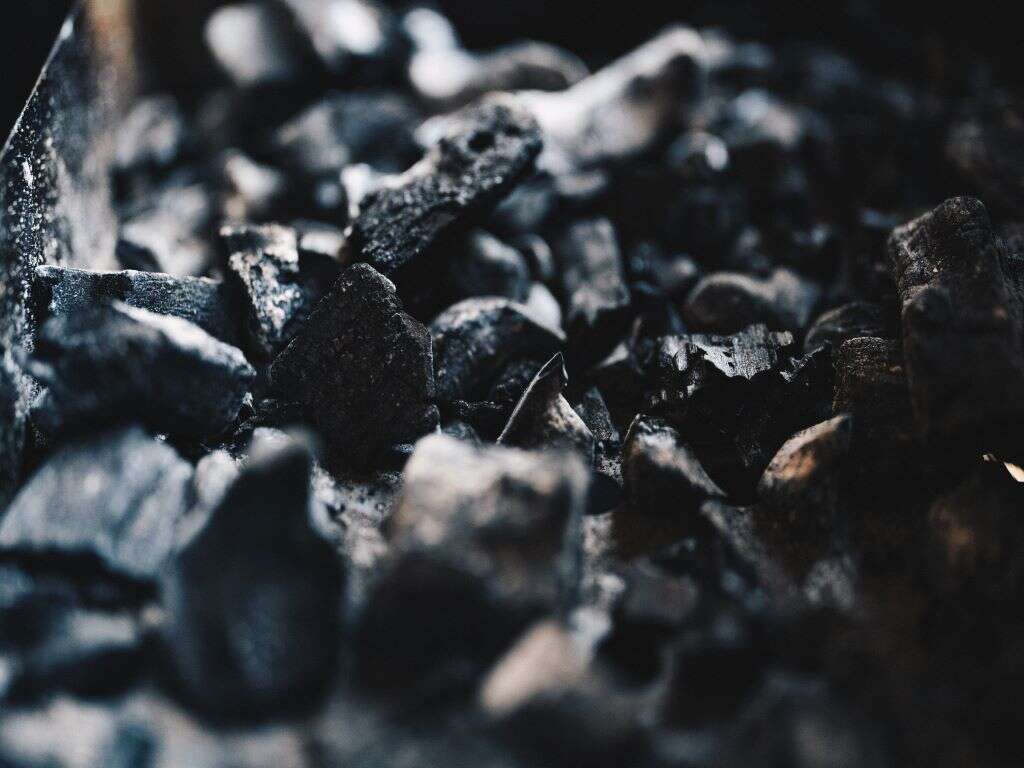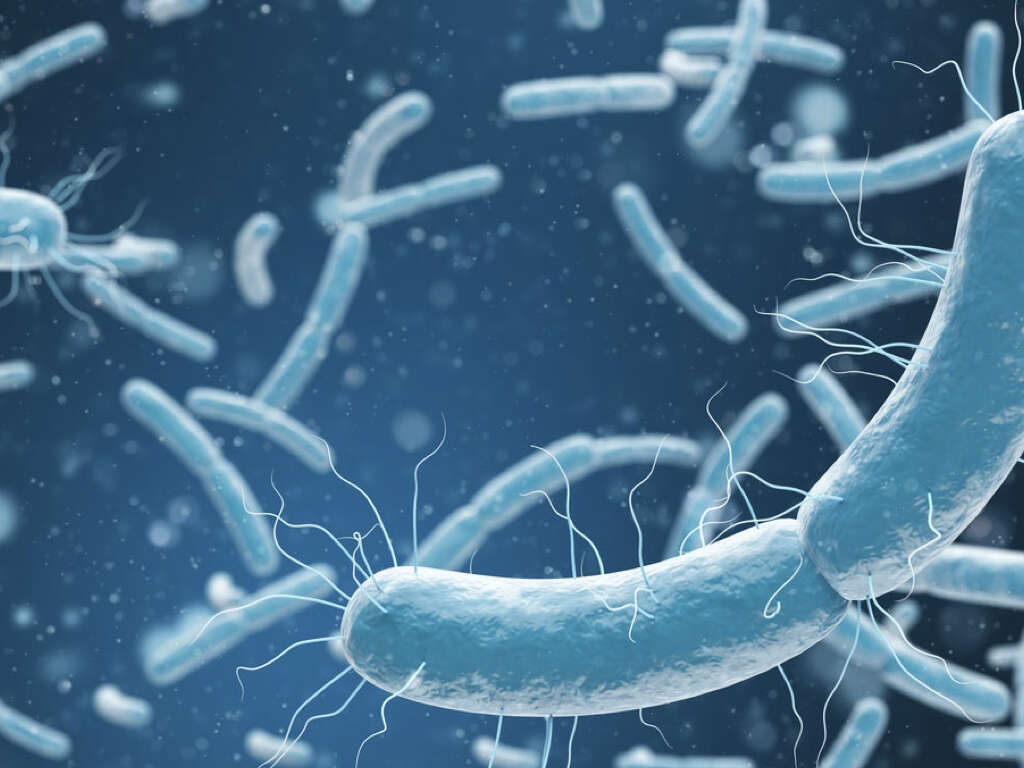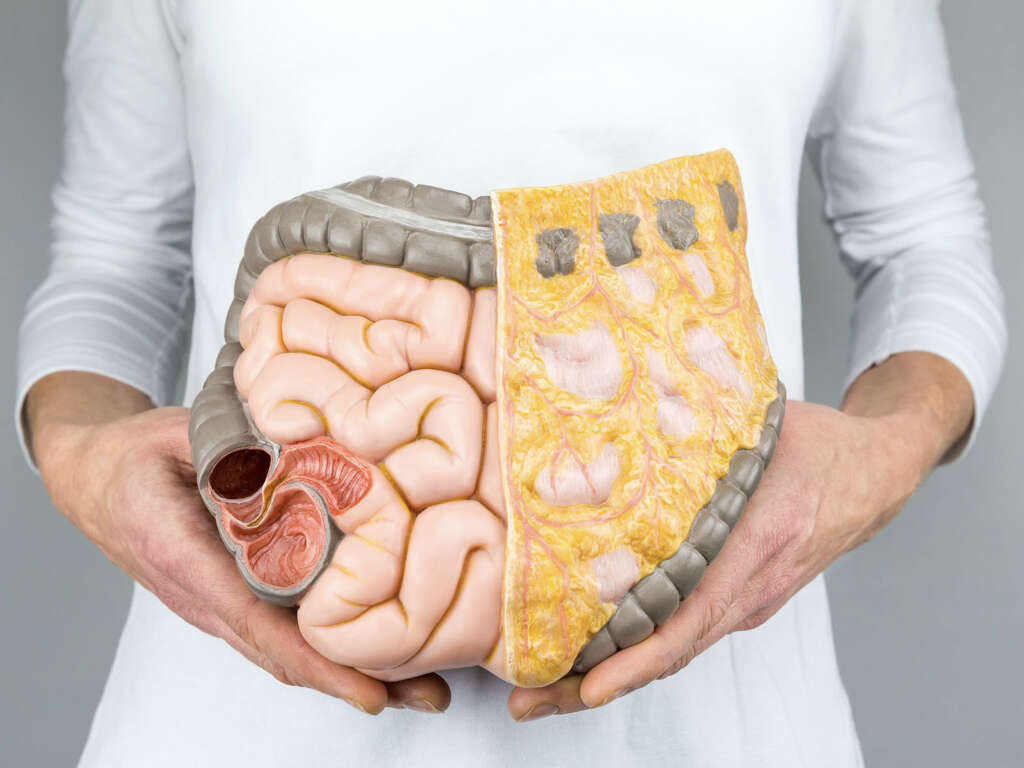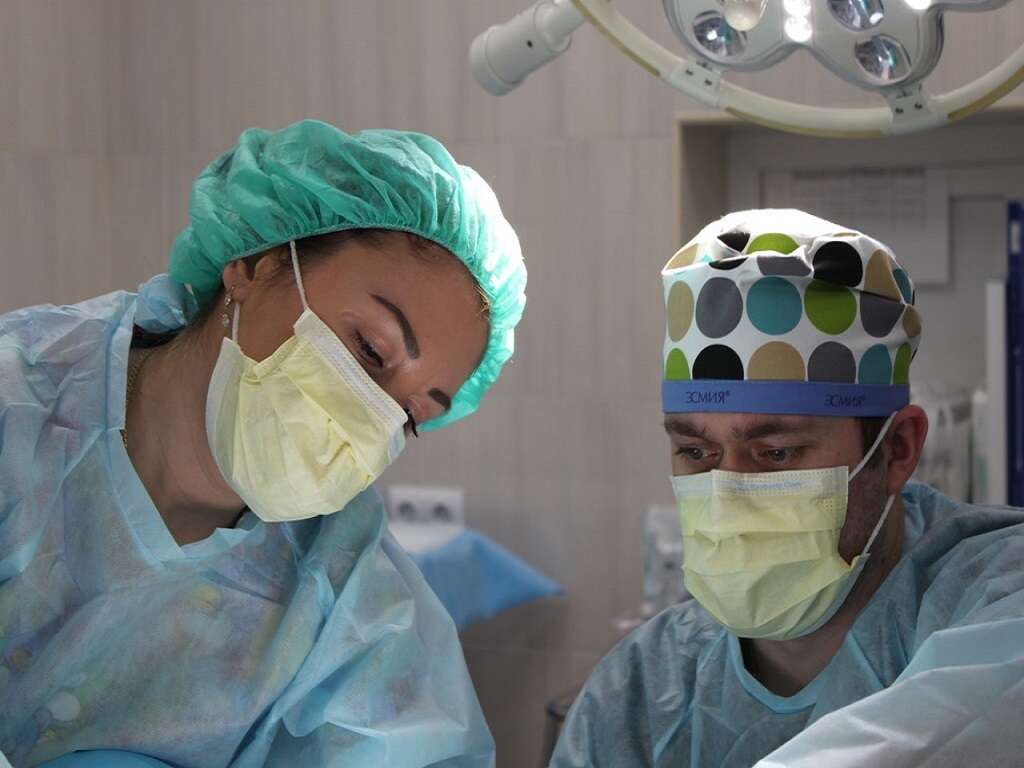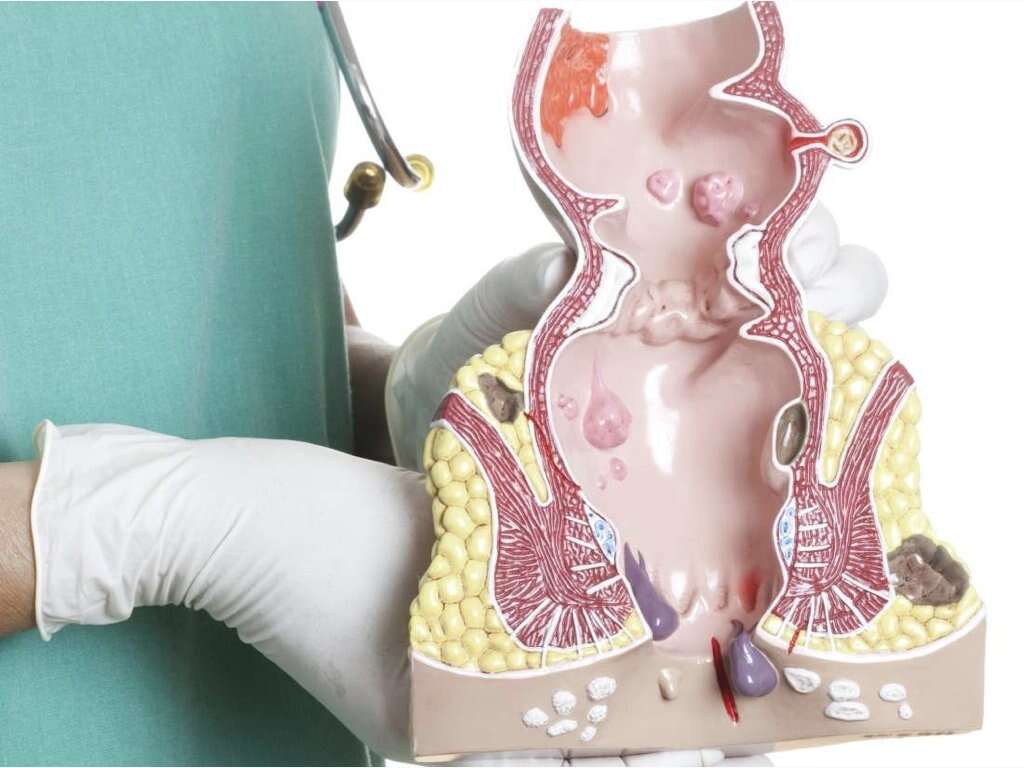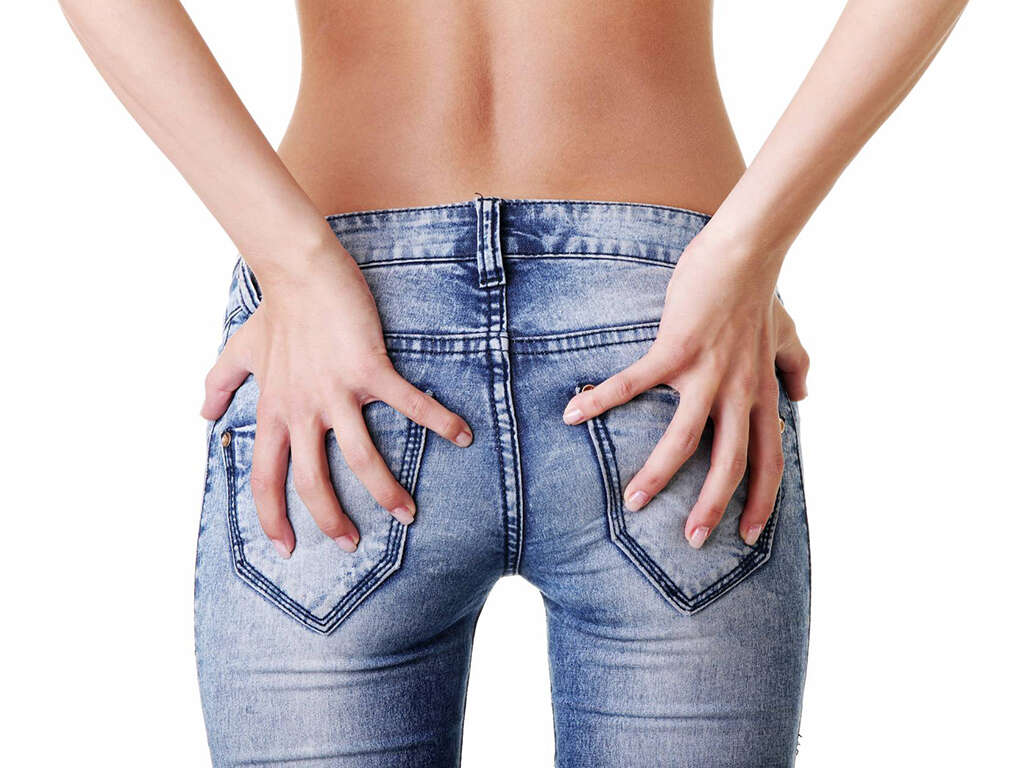What Causes Hemorrhoids?
People are prone to developing all sorts of ailments. Sometimes this is down to pathogens like bacteria, and others it’s down to the malfunctioning of our bodies. The latter type tends to happen in people as they get older, but they can happen in people of all ages. Such issues can also develop in people that are very healthy.
One type of issue we can face is hemorrhoids, which is an issue with our blood vessels. It is not caused by a pathogen but is instead a result of mechanical failings of our body. The condition is known to be very painful, but it is unlikely to cause any serious complications.
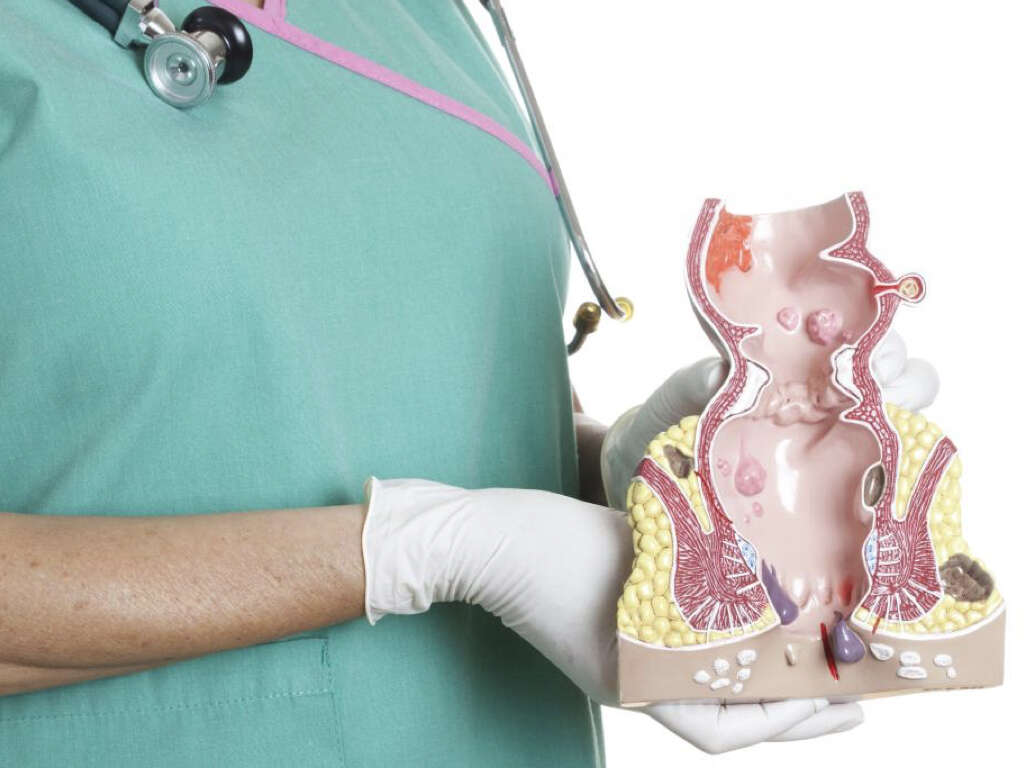
1. Hemorrhoids
Hemorrhoids are a condition that happens when veins in the lower rectum and anus become swollen. Also known as piles, hemorrhoids are a fairly common condition that is thought to affect around 75% of adults. There are also different types of hemorrhoid, and they can be found internally or externally.
Hemorrhoids can cause some very unwelcome symptoms, potentially causing considerable discomfort. Complications can happen but they are very unlikely to cause any real danger for the patient, although the condition can be treated. Treatment is advisable to help prevent complications, as well as to relieve the patient of their discomfort.

2. Causes
The blood vessels in our body naturally have some stretch in them. This is important because some degree of flex is necessary in order to allow our blood vessels to withstand the pressure of the blood flowing through them. This flexibility also helps us to regulate our blood pressure to a degree.
As important as this flexibility is, some blood vessels can have too much flexibility. This can mean that the blood vessels will sometimes bulge outwards too much, and this can cause problems. Hemorrhoids are one example of this happening. This is a condition where the veins in the anus and rectum bulge outward causing grape-like structures to form.
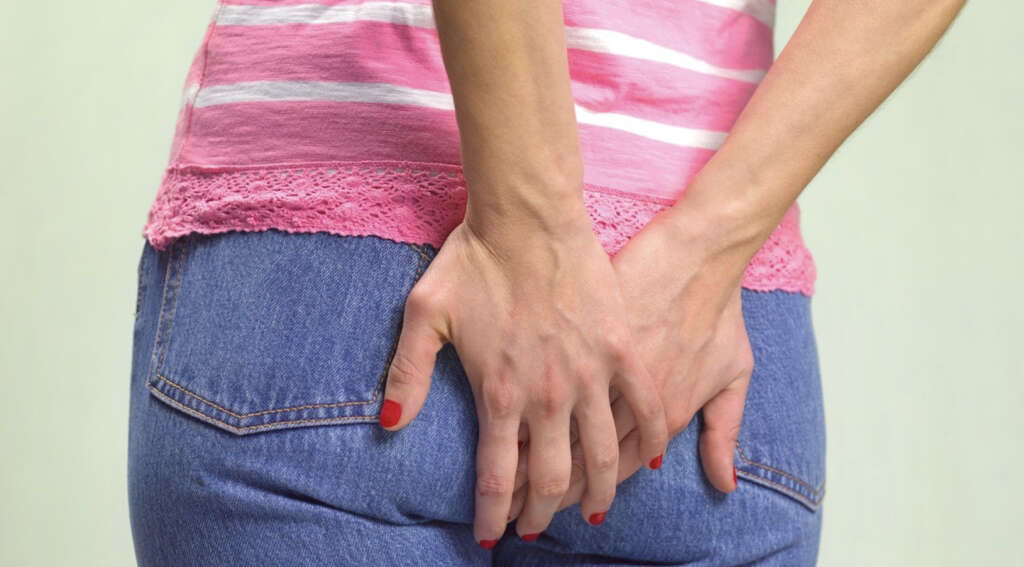
3. Obesity
Obesity is perhaps the most common cause of hemorrhoids, and they are a common complaint in people who are overweight. The patient’s excess body weight and mass will put extra pressure on the blood vessels in the lower rectum and around the anus. This, in turn, can result in the bulging of the veins that can result in hemorrhoids.
It is not only the additional pressure in obese people that make them more prone to hemorrhoids. They are also more prone because hemorrhoids can also be caused by the same things that caused the patient to become obese in the first place.
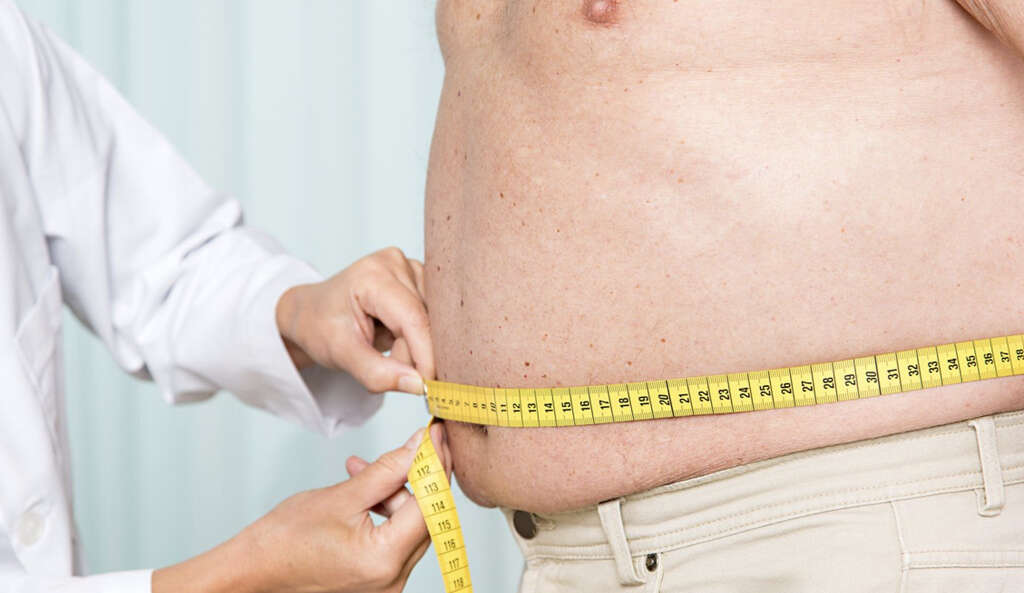
4. Insufficient Fiber
It is well known that having plenty of fiber in your diet is important for a healthy digestive system. If you don’t have enough fiber in your diet then it could result in loose stools, while it may also sometimes cause constipation. Constipation can result in the patient eventually having to pass large, hard stools, and this can put a lot of blood pressure on the blood vessels.
There is also a connection between having plenty of fiber in your diet, and a reduced blood pressure, further helping to prevent the likelihood of hemorrhoids developing. There are numerous other ways that a high fiber diet can help to prevent hemorrhoids, as well as helping to improve your health overall.
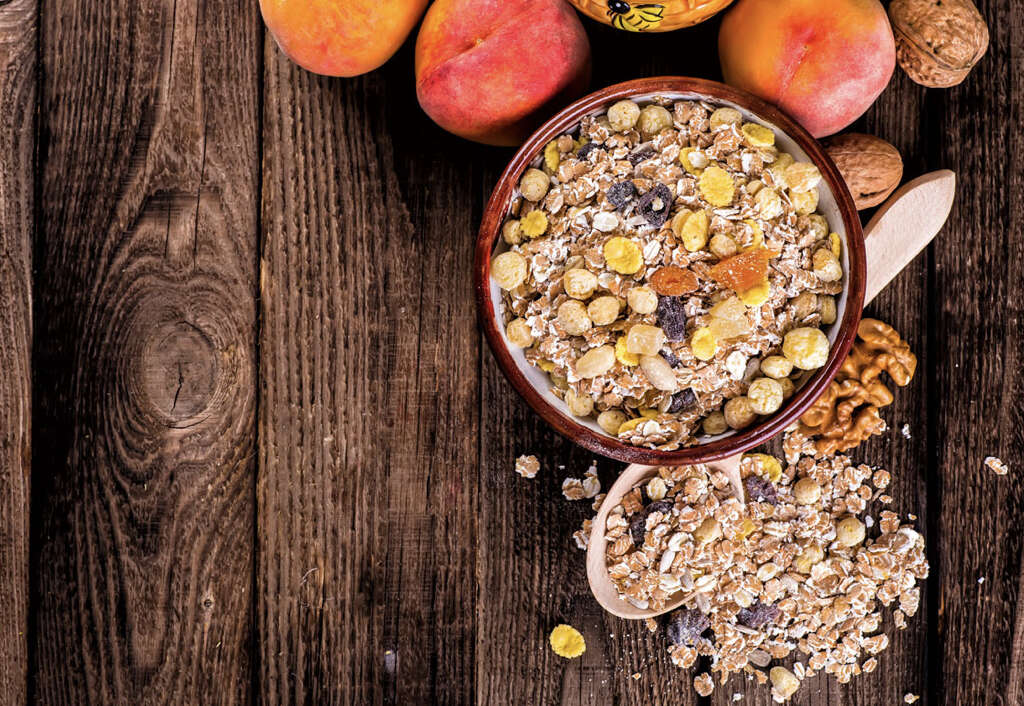
5. Pregnancy
A growing baby in the uterus will cause more pressure against the veins in the rectum and anus. This can, in turn, result in hemorrhoids. The release of certain hormones can also cause the walls of the veins to relax, and this will also make the veins more likely to bulge.
This means that hemorrhoids are a fairly common symptom of pregnancy, although the condition will usually passed once the baby has been delivered. Hemorrhoids should do no harm at all to the baby, even if they can be painful for the mother. They can be particularly painful during labor when the mother is pushing.

6. Straining
Passing stools is usually as simple as getting into position and waiting for nature to take over, but it is not always as easy at that. Stools will sometimes not pass as easily as they should, and straining is sometimes required to help push them out. This will sometimes lead to problems – including hemorrhoids.
Straining will increase the pressure placed on the veins in the anus and rectum, potentially causing them to bulge. Straining too much can cause a number of problems so it should be avoided where possible. Try to get plenty of fiber in your diet, and see a doctor if you are still having difficulty passing stools.
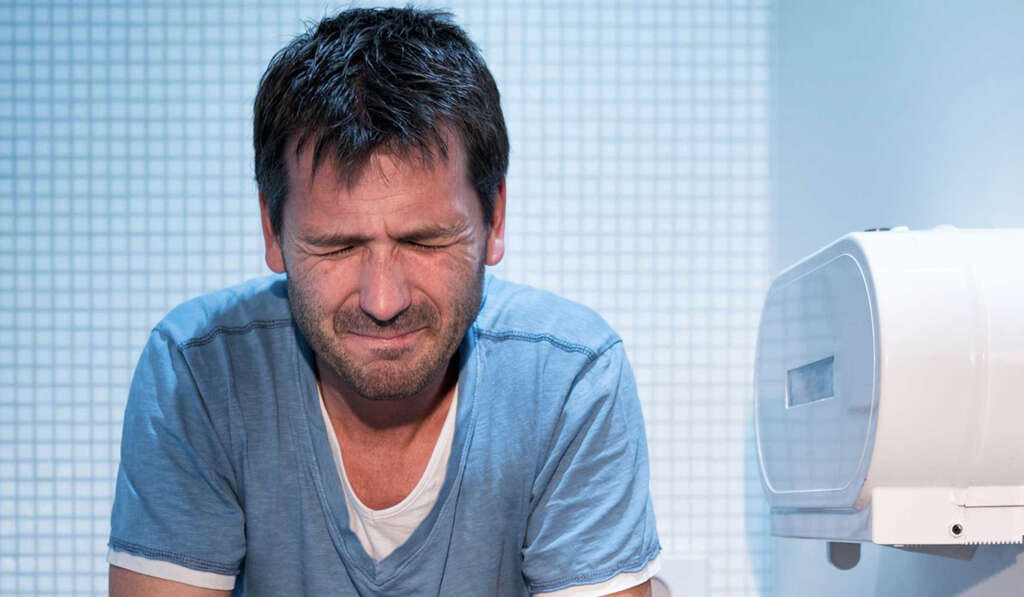
7. Sitting On The Toilet
While it is necessary to sit or squat when passing stools, we should not do so for too long because the position can put more pressure on the veins. Some people will need more time than others to pass stools than others, however.
Some people might also take trips to the bathroom as an opportunity for a break from work or other activities.
If you are taking a long time to pass stools then eating a healthy diet with lots of fiber will likely help. You should also try and prevent having extended breaks on the toilet to help prevent hemorrhoids from developing.

8. Heavy Lifting
When we lift heavy items, our muscles will contract, including those around the rectum and anus. This can put pressure on the veins there, thus causing them to bulge. For this reason, people who regularly lift heavy items are at an increased risk of developing hemorrhoids.
This can mean body-builders who will often be lifting heavy weights in the gym, and it can also mean people who have physically demanding jobs. Regardless, it is always advisable to use the correct posture when lifting heavy items. It is also advisable to try and avoid lifting too much in order to prevent injuries.
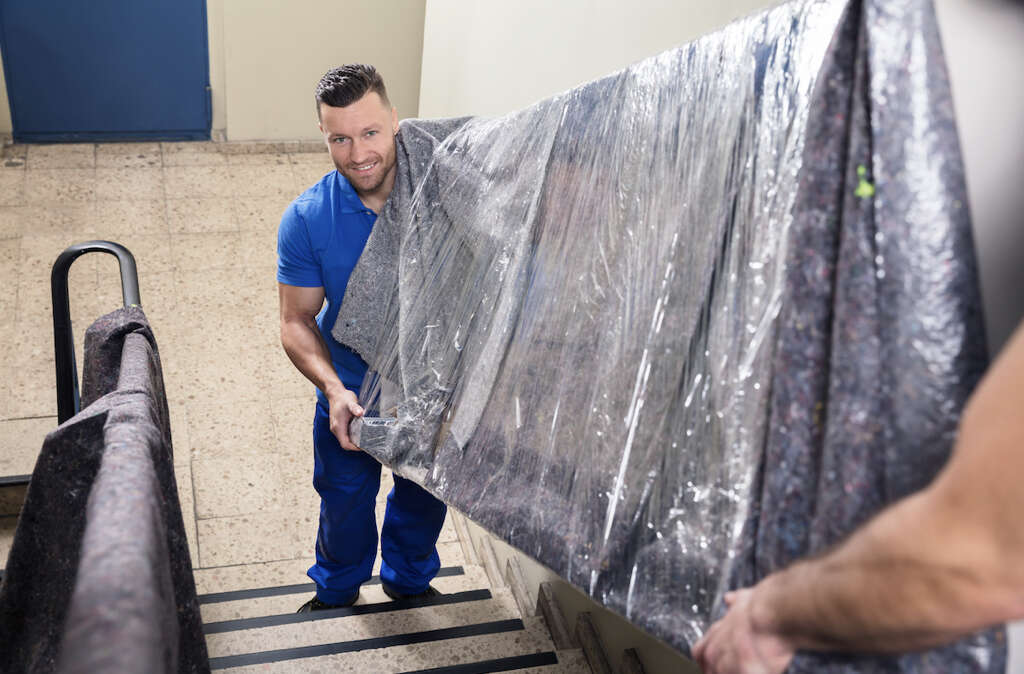
9. Anal Intercourse
Anal intercourse can cause a lot of friction in the anus and rectum, and pressure can be applied on the veins there. The act will sometimes cause the veins to start bleeding, while the pressure will also sometimes cause the veins to become bulged. This means people who take part in the act are more likely to develop hemorrhoids.
People who already have hemorrhoids are less likely to want to take part in anal intercourse because it will probably be very painful. If you do wish to take part then using plenty of lubrication may help to prevent hemorrhoids and other potential complications.

10. Diarrhea Or Constipation
Our digestive systems need a certain amount of time to absorb nutrients and water from our food. Some things can affect the passage of our food through the digestive system, however. This can be caused by infections that irritate the stomach lining, hormonal imbalances, or maybe just having eaten food that is particularly spicy.
This can result in either diarrhea or constipation, depending on whether the food is passing through more quickly or more slowly than usual. Regardless, either condition will increase the likelihood that hemorrhoids will develop. These conditions can be dangerous, so they should never be treated with complacency, especially if the symptoms are severe.




